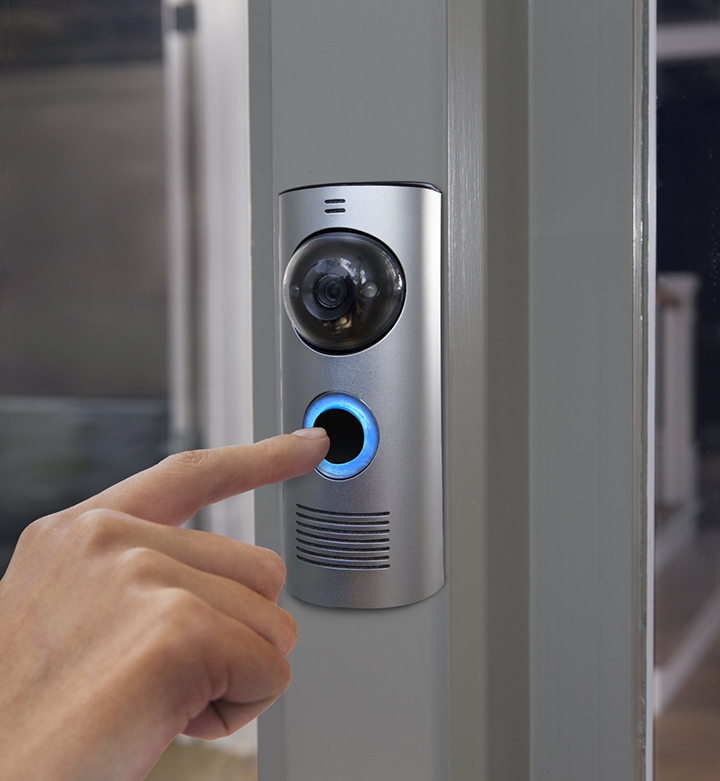The media got an early look Wednesday night at new gadgets and technologies that will likely be on full display during the upcoming holidays and at the big annual CES (Consumer Electronics Show) in Las Vegas next January. Based on what was showcased, consumers can expect to see new ways to record TV content and a continued array of technologies designed to complement the WiFi enabled home.

This week's exhibition, sponsored by Pepcom and located at the Metreon in San Francisco, showed how people seeking to watch TV without cable or satellite will now have options to record their favorite shows as well. Tablo demonstrated a "whole home" DVR that will record and store over-the-air HDTV signals from a small antenna.
Tablo offers an app interface to control recording and playback from either iOS or Android devices. The cost ranges from $200 to $300 for the equipment (which is not that far from what many people are paying per month for their bundled cable subscriptions).
Not to be outdone, TiVo also showcased their DVR for recording free over-the-air TV. It's called the TiVo Roamio and the price point ranges from $200 to $500, but there is a subscription fee.
There were also a variety of intriguing new home products. Ring demonstrated their Ring Video Doorbell for the first time at the Pepcom event. It's basically a doorbell with a WiFi-enabled camera that activates an alert to your smartphone when the bell is rung.
Users can see who is at their door on the phone screen and talk with them as well. The Video Doorbell also doubles as a security camera that can be viewed even when you are away. Ring is accepting pre-orders for the $199 device.
There was also a connected home product that can be paired with any garage door opener. Chamberlain Group has come out with MyQ Garage, a device that gives homeowners full control of their garage door with their smartphone. It connects through home WiFi and costs $129.
Connectivity anywhere or anytime is becoming essential and Iridium has developed what they claim is the industry's first portable satellite hotspot that has 100% access around the globe. Iridium Go! connects any smartphone or tablet from one of the company's multiple satellites orbiting the earth.
Iridium is launching 81 more satellites over the next two years to keep pace with growing demand. For now, major users of their technology are workers in the oil and gas industry or avid boaters.
Another device on display is designed to revolutionize the recycling of electronic devices themselves. It's called ecoATM and it's a box about the size of a standalone automatic teller machine that will accept your used cell phone, tablet or MP3 player and pay you cash automatically on the spot.
The machines are currently in 41 states around the U.S. Each is equipped with a live camera connected to an operator who requires proof of identity before issuing payment, as a way to reduce the possibility of fraud.
On the personal health and safety front, BACtrack was exhibiting their latest Vio Smartphone Breathalyzer, a $50 keychain device that synchs to iOS or Android platforms and lets you know immediately whether it's safe to drive home.
And LifeTrak demonstrated a new line of wearable computing products including the BRITE R450 which includes light exposure monitoring that keeps track of how much blue light you are receiving and whether you need more or less natural light.
Finally, for something a little different and quirky, muvee has come out with TWINE, a free iOS app that makes short split-screen videos. It's really hard to describe the effect unless you see these, but it's certainly an unusual look when two different images are spliced seamlessly together. Based on this and many of the other products on display, 2015 is shaping up to be an interesting year for consumer tech.














